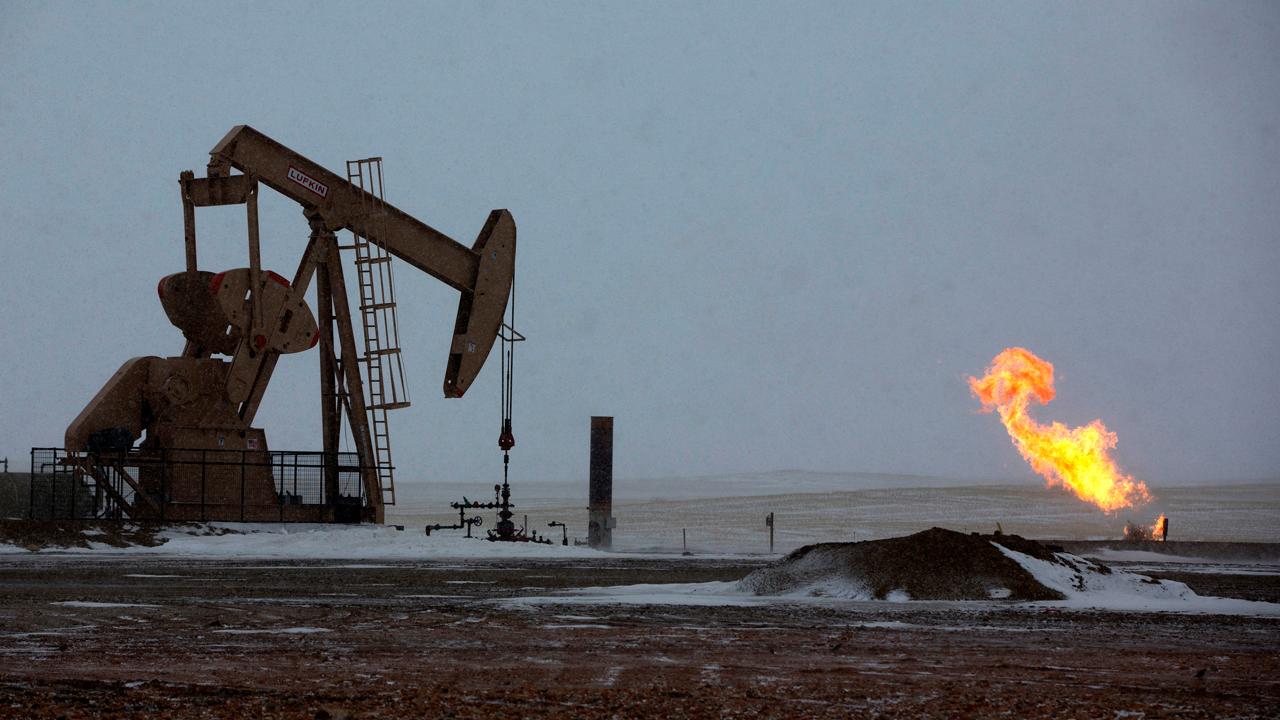Shell defends climate strategy in clash with investors
LONDON (Reuters) - Royal Dutch Shell defended its ambition to cut carbon emissions on Monday, urging investors to oppose a shareholder resolution arguing that the oil and gas giant is not doing enough to meet international targets to tackle climate change.
The Anglo-Dutch company, like many of its peers, has faced growing investor pressure to address the need to reduce fossil fuel burning, forcing it to seek a delicate balance with a need to secure growing returns from its traditional business.
Last November, Shell outlined plans to halve carbon emissions from its operations and sales of its fuels by 2050, responding to stepped-up investor pressure with what is seen as one of the most ambitious goals in the sector.
(For a graphic on 'Shell carbon reduction goals' click https://reut.rs/2JOGJgZ)
But Follow This, a climate activist shareholder group, put forward a resolution that will be voted on at Shell's annual general meeting next month urging it to set more aggressive targets aligned with the Paris Climate Agreement goal of limiting global warming to "well below" 2 degrees Celsius.
"I don't think a 50 percent reduction of CO2 emissions footprint in 2050 meets the Paris climate agreement," Mark van Baal, founder of Follow This, told Reuters. "Shell uses these ambitions to do business as usual in the next decades."
The company should stop exploring for new oil and gas resources and shift to renewable energy, van Baal said.
Last year's resolution by Follow This on the topic won the support of 6.3 percent of shareholders but the debate around Shell's climate strategy has become central in recent years.
Shell's management urged shareholders to vote against the resolution at the AGM which will be held in the Hague on May 22.
"We share the objective of Follow This for Shell to show leadership in the energy transition but at the same time we consider the resolution unnecessary given that we have already outlined an approach that is much wider-ranging and much more progressive," Shell Chief Executive Officer Ben van Beurden told reporters in a phone briefing.
Shell will have to initially "catch up" with society's carbon reduction goals because Shell's current emissions are higher than other businesses but by 2050 it plans to be in line with the global targets.
"We'll be aligned with society's progress but we will not be tied to an approach that potentially moves too quickly or too slowly to this transition," van Beurden said.
Van Beurden admitted that the transition could have a "very significant" impact on Shell's business in the long run.
Shell plans to reduce its emissions by increasing the share of gas and biofuels production, investing in renewable energy such as solar and offshore wind as well as in technologies to capture carbon and tree-planting, van Beurden said.
Shell plans to invest between $1-$2 billion per year on its low-carbon energy business by the end of the decade, less than a tenth of its planned annual spending but significantly higher than its rivals.
(Reporting by Ron Bousso; Editing by Adrian Croft)




















